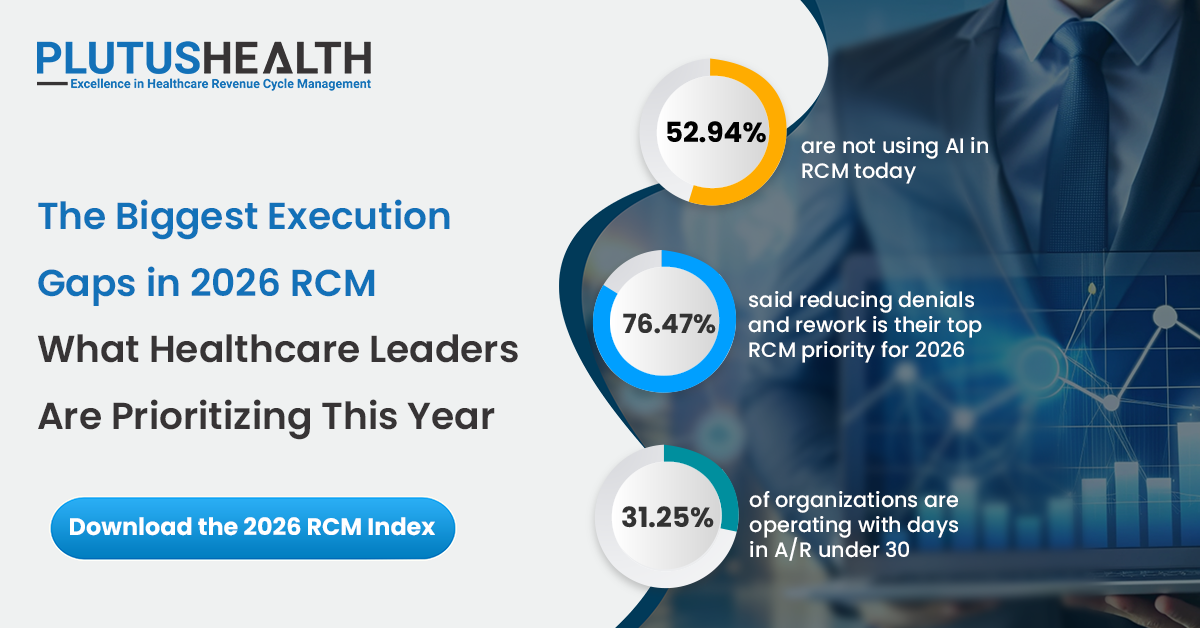Accurate Patient Statements for Better Customer Satisfaction
A 2018 report showed that U.S. medical practices leave approximately 125 billion dollars on the table annually. The report attributed this loss to poor billing habits. Studies like these impress the importance of accurate financial transactions.
Patient statements are the backbone of medical billing. Here are the best ways you can produce accurate patient statements.
Switch to Digital Invoices
Sending physical bills is more time-consuming and expensive than digital. Digital billing users can copy information from stored data seamlessly into a statement. This precision helps keep invoicing flawless.
Some financial systems will automatically alert a sender when a receiver opens a bill. This notification circumvents the arduous task of determining if a physical copy reached the target.
Most patients have access to and prefer online options. 72% of responders said they wanted e-statements for health plan premium bills in a recent survey. By shifting to digital invoicing, practices will boost efficiency and increase patient satisfaction.
Consistent Detail Verification
Ideally, the statement sending process should not include extensive information checks. If your team prioritizes critical details, your staff should trust their documentation’s accuracy. Here are a few essential items your team should consistently monitor.
● Contact Details: Practice standards must support patient communication. Ensure that the patient agrees to receive messages and that their contact details are accurate.
● Insurance Eligibility: Even after insurers provide practices with an explanation of benefits (EOB), billers fail to catch problems. Confirm that the coverage insurers have given is adequate given the circumstances. After establishing sufficient coverage, accurately charge based on the insurer’s report.
● Early Collection: Ask for co-pays up-front. This will help avoid future instances where billers have to track down this information during a later stage. Also, a patient is less likely to pay for a service the longer you fail to collect.
Avoid Confusing Statement Information
Patients frequently misunderstand their medical bills. A survey reports that 70% of consumers claim their medical bills confuse them. This confusion can lead to delays, time-consuming customer service, and disgruntled patients.
Avoid including balance aging. Balance aging is useful for billers in categorizing late payments. However, consumers may misinterpret this information as optional due date extensions. Also, when possible, use the full name of a procedure instead of abbreviating it. Shortening titles can befuddle non-medical experts.
Contact Agencies Over Unclear Insurance Denials
For online claim submissions, insurers may not provide an EOB. Instead, they will return the claim number and denial codes. Teams often fail to catch fixable errors in this stage and will send an overpriced invoice.
Train your staff on standard denial codes and how to research others. Note recurring codes to help identify and fix these errors. If your team is struggling to understand the problem, contact the insurer for more details.
Outsource to a Professional Billing Service
High-quality revenue cycle management is easy in concept but complex in execution. Many practices pride themselves on their involvement in coding and billing. Often, financial gains would rise if a professional billing and coding service handled invoicing. However, understand your team’s limitations.
At Plutus Health, we prioritize statement accuracy while maintaining quick return time standards. Our expert team takes meticulous steps to maximize a service’s reimbursement. Learn how we will boost your practice’s revenue cycle performance by contacting a representative today.
Key Takeaways
1. Digitize your invoicing to increase efficiency and satisfy consumers.
2. Regularly verify details so billers can send statements quickly and accurately.
3. Avoid including information in a bill that will potentially confuse patients.
4. Train your staff to identify denial codes and contact insurers when confused.
5. Opt to hire a professional billing and coding service when invoicing pushes your limits.




















































